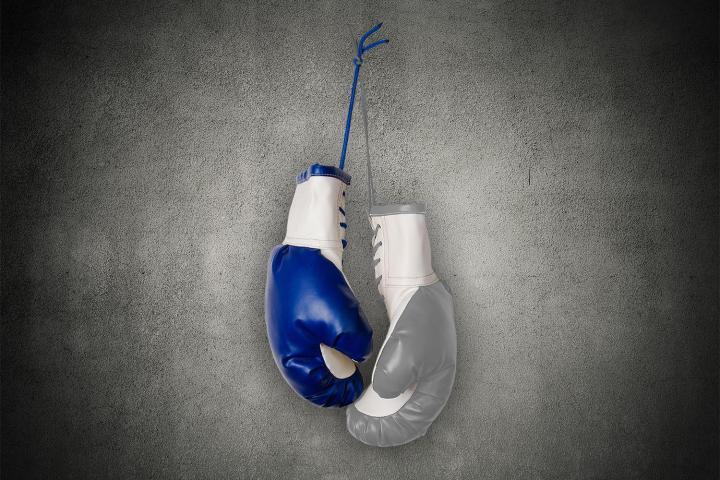
In Samsung’s appeal to the Supreme Court, the South Korean company noted that the patent court’s judges failed to follow procedure, as they neither considered additional legal paperwork or heard oral arguments before making their decision. Samsung also claims that the judges “wrongly changed the law related to invalidating patents and awarding injunctions.” Samsung wrote to the Supreme Court that it had “long served as the bulwark when the Federal Circuit tips the balance too far in favor of patent-holders’ rights at the expense of innovation and competition.”
Unfortunately, this flattery did not work in the company’s favor.
The dispute stems from a nasty legal brawl that started in 2010. At issue are intellectual design and software patents that the Cupertino, California-based smartphone maker accuses Samsung of copying.
Apple, which considered Samsung a “trusted partner” at the time, didn’t sue the Seoul, South Korea-based company right away — Samsung supplied (and continues to supply) billions of dollars of screens and other components to Apple’s overseas iPhone plants. But when executives from the two companies failed to agree on licensing, Apple went on the offensive, accusing Samsung of “slavishly” imitating the iPhone’s design. It filed patent lawsuits in dozens of countries including Germany, Japan, and the U.S., and Samsung countersued, accusing the iPhone maker of infringing on its 3G cellular patents.
Over the next six years, the companies battled it out in courts around the world. In Australia, a judge forced Samsung to delay the launch of the Galaxy Tab 10.1 tablet. In the United Kingdom, Apple was forced to issue a public apology for “falsely accusing” Samsung of patent infringement.
It all came to a head in 2012, when a U.S. jury sided with Apple and awarded the company $1 billion in damages. Samsung appealed, and a judge found in its favor, ruling that the initial damages were calculated incorrectly.
After a retrial, an accrual of additional damages, and out-of-court settlement talks, Samsung eventually agreed to pay Apple $548 million for infringing three patents — on the condition that it would “[continue] to reserve all rights to obtain reimbursement from Apple.” In other words, Samsung would fork over a minimum of $149 million, but would appeal the rest of the damages to the Supreme Court.
The U.S. Supreme Court took up the case in 2016, in the end ruling that damages for design patent infringement could be calculated differently than they had been historically. Damages needn’t account for the entire product, the justices unanimously found; instead, they could be based only on the part of the device that infringed the patents.
Update: The Supreme Court will not take up Samsung’s latest appeal over a patent lawsuit with Apple.

